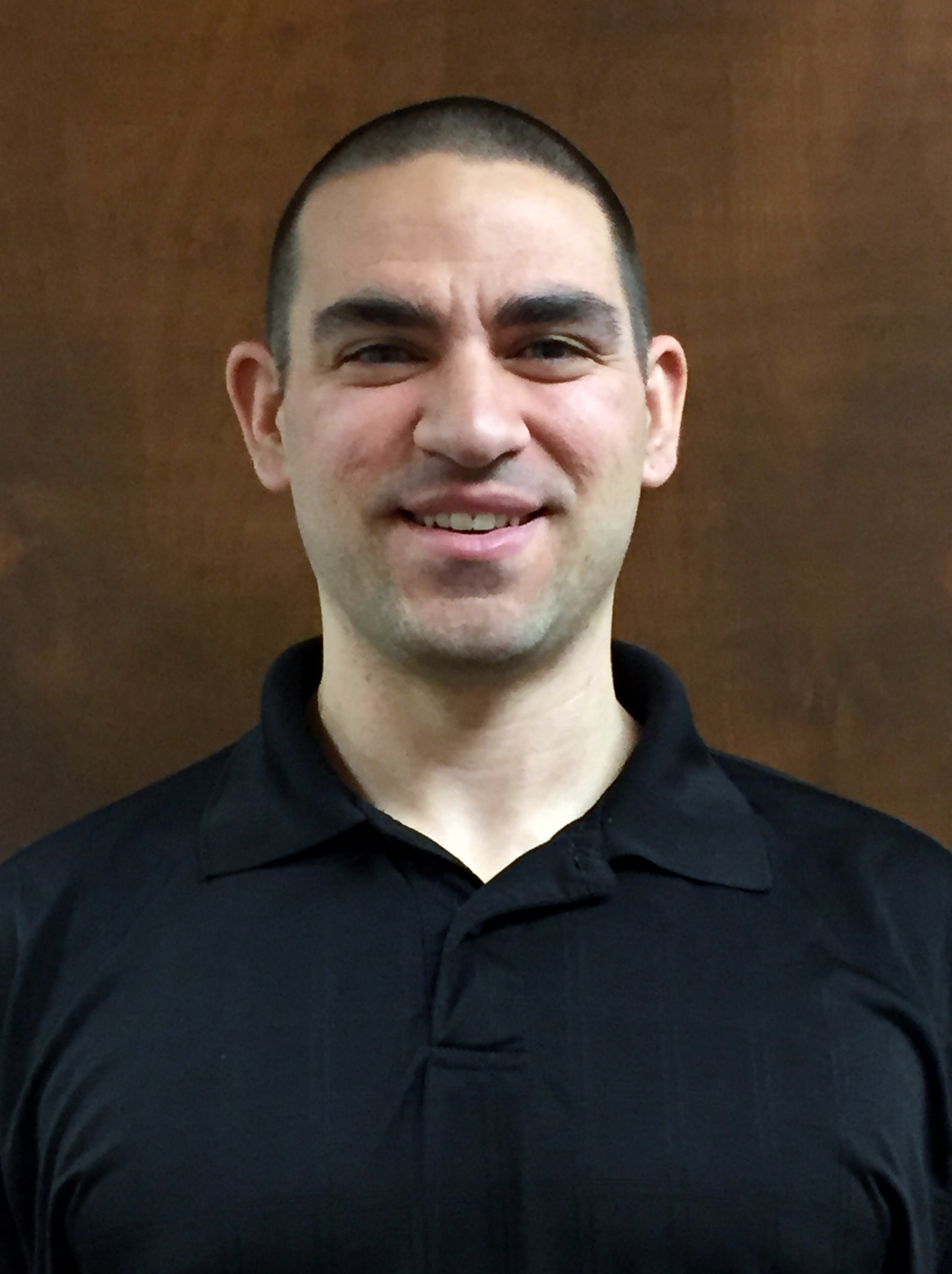Why Gambling Can Cause Problems for Older Americans Posted On
May is Older Americans Month. This is an important time to think about the struggles that our older population goes through.
Older Americans and Gambling
In recent years, it has become more and more accepted that our older Americans, or seniors, are gambling. They’re gambling in record numbers on gambling trips to casinos, weekly visits to churches to play bingo, or hoping for the big win on different lottery and scratch-off ticket options. Either way, older Americans are gambling more often than ever before.
The reasons for older Americans gambling behaviors varies. Just like everyone else, they could be gambling for entertainment, excitement, to socialize, or to avoid boredom.
Reasons Older Americans Gamble
Socialization can dwindle away as Americans get older. Older Americans may be spending less and less time with family and friends. They may not be able to get a job because of their age; losing their sense of purpose and their connection to their community. The saddest reason for a lack of socialization is that they may have reached an age where all their closest lifelong friends have passed away. Gambling activities fill this void of socialization with local bingo nights and trips to casinos, which act as events to socialize. The risk of relying on gambling activities is that they may be the only activity older Americans do for socialization, which can lead to problem gambling.
Excitement is important for everyone. Older Americans struggle to fill their lives with excitement for several reasons. They may not have the physical capabilities to engage in sports, amusement park rides or other activities that they used to. They may not be able to travel to see friends and family, making them feel detached from loved ones and the excitement they bring. The mimicked mental excitement from gambling may replace the missed competition, thrill rides, and the belly-laughter from being with friends. If gambling becomes the go-to for a thrill, older Americans may begin to rely on gambling to feel good, which can lead to gambling addiction.
Entertainment can become a struggle. Older Americans may not understand current technologies and have trouble enjoying things like movies. They may have deteriorating senses, such as eye sight, which limit their ability to read. They may not be able to travel to events due to having their license taken away and feel stuck where they are. With millions of dollars in research to design the most engaging gambling technologies, gambling can easily replace other forms of entertainment for older Americans. Most Americans, including our older Americans, are unaware of the dedicated research and funding that’s put into making these gambling technologies, and how their designed to keep players entertained beyond the person’s time and money limits.
Boredom can easily set in. Boredom can easily be the result of a loss of entertainment, excitement and socialization. If you think about struggling to enjoy entertaining things, losing the ability to seek excitement, and losing touch with loved ones and the community, one can easily become very bored with life. Gambling businesses have efficiently made gambling establishment locations and online parlors a place to fill this growing boredom. The problem is that with limited ways to avoid boredom, older Americans are at a heightened risk for struggling with problem gambling, which can affect their financial security, relationships with loved ones, and their personal health.
Older Americans and Problem Gambling
Many older American support organizations try to solve the above challenges by bringing them to gambling activities. The problem with bringing these people to gambling activities is that many older Americans may have never gambled before. If they haven’t gambled before, they are more likely to struggle with problem gambling. Since older Americans are already struggling with finding entertainment, excitement, socialization and fighting boredom, gambling can easily turn from a social activity to an addiction.
- One reason seniors can easily begin struggling with problem gambling is that they don’t understand chance. They may not understand that the longer they play doesn’t impact whether or not they’ll win. Older Americans may not understand that bringing lucky trinkets, hats, or anything else will not impact whether or not they’ll win. They may not understand that the win is always in the house’s favor.
- A second reason is that they may not know the science behind addiction to gambling. Older Americans may be under the false impression that gambling problems are a result of a moral flaw. They may not understand that gambling can have an effect on the brain, causing the brain to believe that gambling is a necessity. They may not know the truth that gambling addiction is a brain disease.
- Finally, seniors are less likely to reach out for help. If they don’t understand chance in gambling, they may believe their big win is just around the corner. If they believe that gambling problems are due to a morel failure, they may be reluctant to admit they have a problem. Since seniors are less likely to reach out for help, they are more likely to struggle with problem gambling than the general population. Without help, gambling problems can affect their health, their relationships with loved ones, and their financial security.
Help Is Available
There is help and hope for older Americans struggling with problem gambling. If one wants to learn more about problem gambling, then reach out to the local Problem Gambling Resource Center (PGRC) for help. When contacting the local PGRC one will be greeted by a caring, trained professional. This profession is ready to connect the caller with local treatment providers, resources, or anything else the caller may need.
Hopefully, during Older Americans Month, we’ll all take a moment to think about the struggles of seniors. If one of those struggles is problem gambling, we hope this article shows that there is help and hope.

